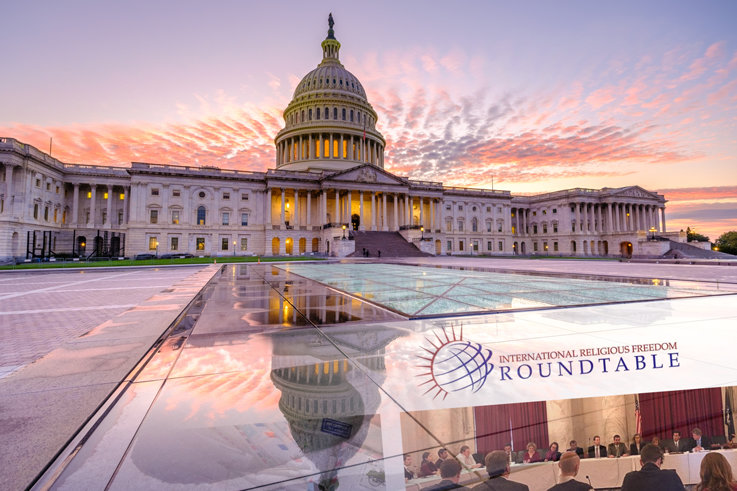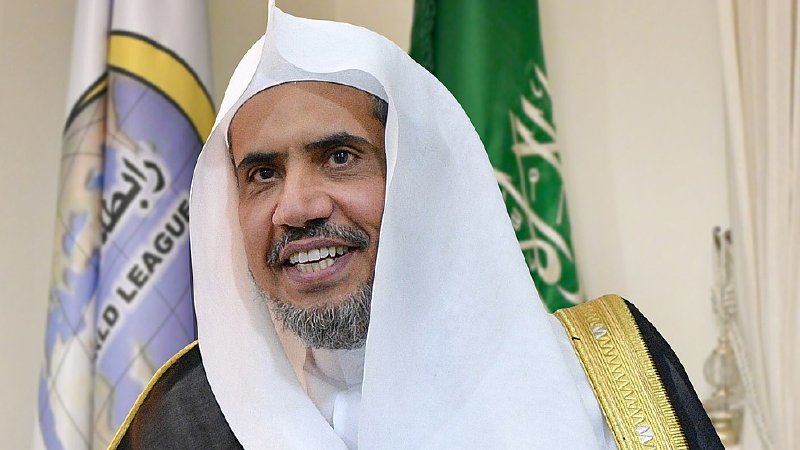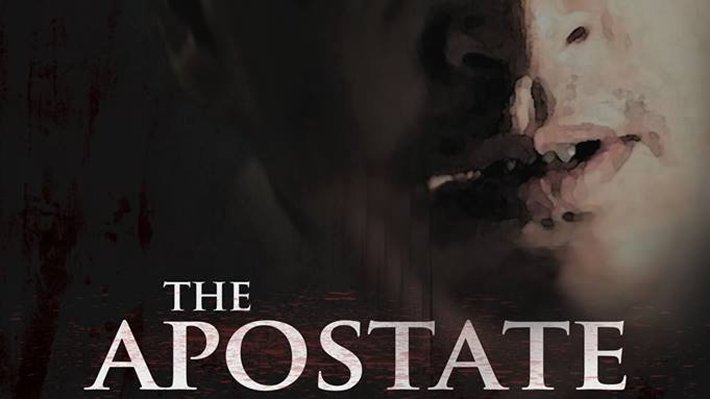
-
HOME
-
WHAT IS STANDOur Mission Our Values Our Help Contact
-
WHAT WE FIGHT FORReligious Freedom Religious Literacy Equality & Human Rights Inclusion & Respect Free Speech Responsible Journalism Corporate Accountability
-
RESOURCESExpert Studies Landmark Decisions White Papers FAQs David Miscavige Religious Freedom Resource Center Freedom of Religion & Human Rights Topic Index Priest-Penitent Privilege Islamophobia
-
HATE MONITORBiased Media Propagandists Hatemongers False Experts Hate Monitor Blog
-
NEWSROOMNews Media Watch Videos Blog
-
TAKE ACTIONCombat Hate & Discrimination Champion Freedom of Religion Demand Accountability
The IRF Roundtable: Parting the Waters for Religious Freedom
The legend goes that when the Children of Israel found themselves trapped between Pharaoh’s army and the Red Sea, God contemplated saving them by parting the waters. “Why would You do that?” the angels pleaded. “These people are no good. They’re wayward, they’re sinful and they’re idol-worshipers. Just drown them like You did last time!”
God answered, “You’re missing one thing. Look at them. They’re together.”

And so it was. The population that fled Egypt wasn’t composed only of Hebrews but also of what the Bible called erev rav, a mixed multitude of races and religions: Hittites, Midianites, and various nomadic tribes. And they all were, indeed, together. All were in crisis mode, trying to save themselves from certain destruction. Differences in faith, custom and ritual all vanished in pursuit of the greater good. And their willingness to set aside those differences and unite as one paved the way for a miracle.
Since its founding in 2010, it has attracted representatives of 800 organizations and has launched over 200 initiatives championed by a mosaic of faiths.
Similarly, the International Religious Freedom Roundtable (IRF Roundtable) is a gathering together of people of many faiths, united in puzzling out a crisis: the threat to religious freedom on a global scale. The Roundtable is not a federal or state agency or an organization with “members,” as such. It is a coalition of participants—individuals from all faiths and none, including government representatives, who gather regularly to discuss IRF issues on an off-the-record basis.
This safe space allows participants to speak freely without fear of being attacked or having their words reinterpreted or misinterpreted outside the four walls of the weekly meeting. This fosters mutual trust, which then manifests as mutual advocacy, with many religious groups then standing up for the violated rights of another.
That combination of free and open speech and mutual trust has proven potent for the Roundtable. Since its founding in 2010, it has attracted representatives of 800 organizations and has launched over 200 initiatives championed by a mosaic of faiths.
“International religious freedom issues create unique opportunities for strategic alliances between strange bedfellows,” writes Greg Mitchell, the Roundtable’s co-founder and managing co-chair. “It is vital for religious communities not currently threatened to stand with those being restricted or persecuted. Faith leaders should be advocates for free exercise and contribution of all faiths.”
The Church of Scientology, active with the Roundtable since its inception, has seen firsthand how a rising tide can lift all boats when it comes to fighting together for religious freedom. Defending religious freedom for one faith helps all faiths. Conversely, abusing one religion with impunity endangers all religions.
Anna Sineva, the Church’s director of government relations and public policy who also co-chairs the Roundtable’s Congressional Working Group, adds, “Our working groups around the world build relationships, and those relationships turn people from allies to champions. When you’re talking about faith, religion, and freedom of conscience, you inspire people. It’s uniting people in what’s best about them and rooted in making the world a better place. You can’t help but become friends and care.”
Though cultures and customs differ widely from one corner of the globe to another, and though the challenges that one faith confronts may not be common to all, “the glue that holds us together is the idea that our foreign policy has to have religious freedom as a priority,” says Sue Taylor, the Church’s national public affairs director.
To that end, the Roundtable supports the recently presented bipartisan Senate Resolution, which recognizes and confirms international religious freedom as a cornerstone of United States foreign policy. The Roundtable drafted a letter, signed by over 100 religious leaders, affirming that support.
The International Religious Freedom Roundtable—and its informal yet powerful aggregate of faiths around the world—is not just an association, a coalition, or a safe space to air concerns. As Sue Taylor says, “It is a movement.”
A movement of people of diverse faiths and backgrounds who may yet achieve the miracle of universal religious freedom? It might just happen. Just as a group of diverse people once came together and pulled off the parting of the Red Sea so long ago.









